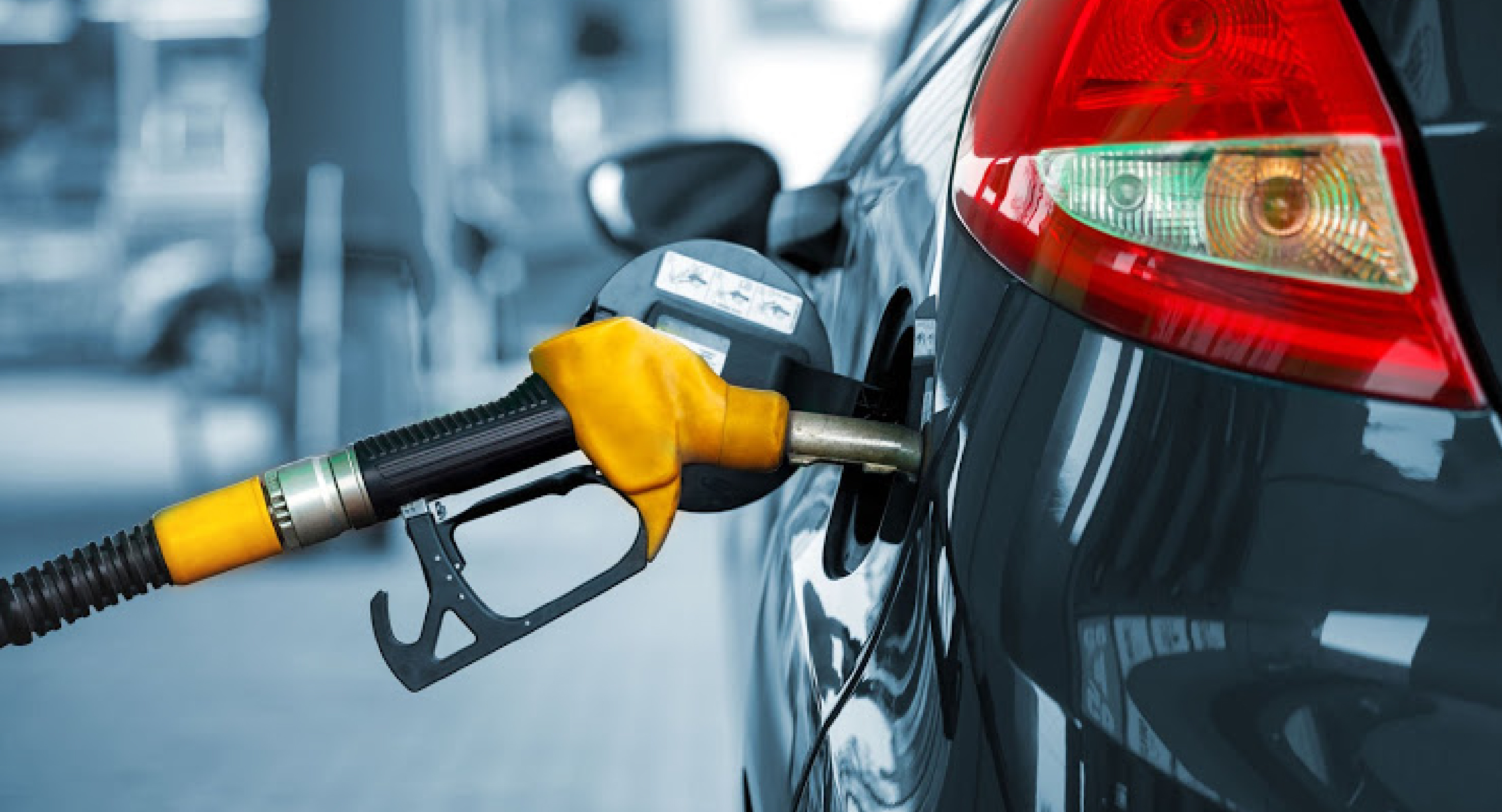Innovation is everywhere, but in the fuel and forecourt industries, it’s even more present. This is due to a number of important factors including shifts in car ownership, a movement to alternative fuels and other important trends in mobility. All of this means it is essential that service station owners remain ahead of the curve from both a trends and technology point of view. With this in mind, we have rounded up the five key innovations happening in this sector in an effort to support the growth of entrepreneurs working in this exciting space.
1. High demands from consumers for more services and retail options
The days of fuel stations being about fuel collection alone are long gone. Customers love the fact that they can fuel their cars and pick up groceries, supplies, meals (and more) all at the same time. Meaning that (particularly with more people working from home) well-located fuel stops with plenty of parking, Wifi and upmarket amenities are fast becoming the daily go-to’s for local consumers. Some fuel stations are even offering “hot desks” so people can work in a comfortable environment that feels less like a fuel station and more like a trendy office on the go.
2. Quick and contact-free journeys
Between Covid and a general rise in expectations, customers are demanding a contactless experience that is as instantaneous and seamless as possible. In the service station industry, this means contactless payment methods, self-service kiosks to facilitate fast ordering and check-outs, clear electronic labelling so customers can swipe, pay and check out on their own as well as drive-throughs and curb pick-ups. All of these are then facilitated by the choice of both on and offline purchases. In very advanced forecourts internationally, cloud-based omnichannel technology links all these fuel station systems, sites and network owners and even uses number plate recognition software to power digital loyalty systems and prevent fraud.
The implications of these options are increased efficiency at store level and a reduction in required staffing at store level. It also allows customers to customize the type of buying experience they best prefer. This kind of flexibility will build loyalty with customers who appreciate a store that responds to their needs.
3. All eyes on sustainability
Environmental issues are now mainstream and all eyes are on planet sustainability. This means that oil and petrol companies are concerned too. This is leading to more stringent international regulations on emissions. Now fuel station owners are looking ahead and getting their infrastructures ready for alternative fuels like CNG, LPG, EV and other “green” services. This is also extending into periphery policies with paperless operations and mobile loyalty programs.
4. Increase in cybersecurity
As the risks of cybercrime increase with even more sensitive data, endpoints and higher risks of security breaches, security has never been more vital. Customers are well aware of the increased risk and so are also insisting on stronger cybersecurity that compliments the multitude of sales options they are also insisting on. The hybrid omnichannel experience explored above in point 2, comes with the challenge of interlinked systems which are vulnerable to security breaches. Add to the fact that station devices are also a common weak link in the chain as they are often connected with default passwords that aren’t serviced regularly. So, just like any other business that collects client data to improve marketing and links system operations to build business efficiency, it is essential that service station owners invest in strong technology-based security infrastructure that is penetration-tested, with a robust cyber-security roadmap.
5. Hydrogen technology
After more than 10 years of research and development around hydrogen fuel technology, we are finally ready to commercialise and manufacture a hydrogen fuel offering in South Africa. In the past, South Africa has traditionally been a net importer of energy, but alternative cleaner fuel technology is on the cards and may prove to be a vital turning point that could see SA exporting fuel. This will also greatly reduce our country’s carbon emissions and if we can pull this off, hydrogen technology fuel can radically benefit South Africa from an environmental, social and economic standpoint.
The bottom line
Fuel station owners need to be on top of the trends that are circling the industry right now. Not only will this improve profits, but many of these trends hold the power to enhance the quality of the environment as well as better the daily lives of South African consumers. While pivoting and developing your forecourt will require a hefty investment, a merchant cash advance is a smart way to gain quick access to working capital. So to find out about how we can support your fuel station’s ambitious growth, contact us today.



